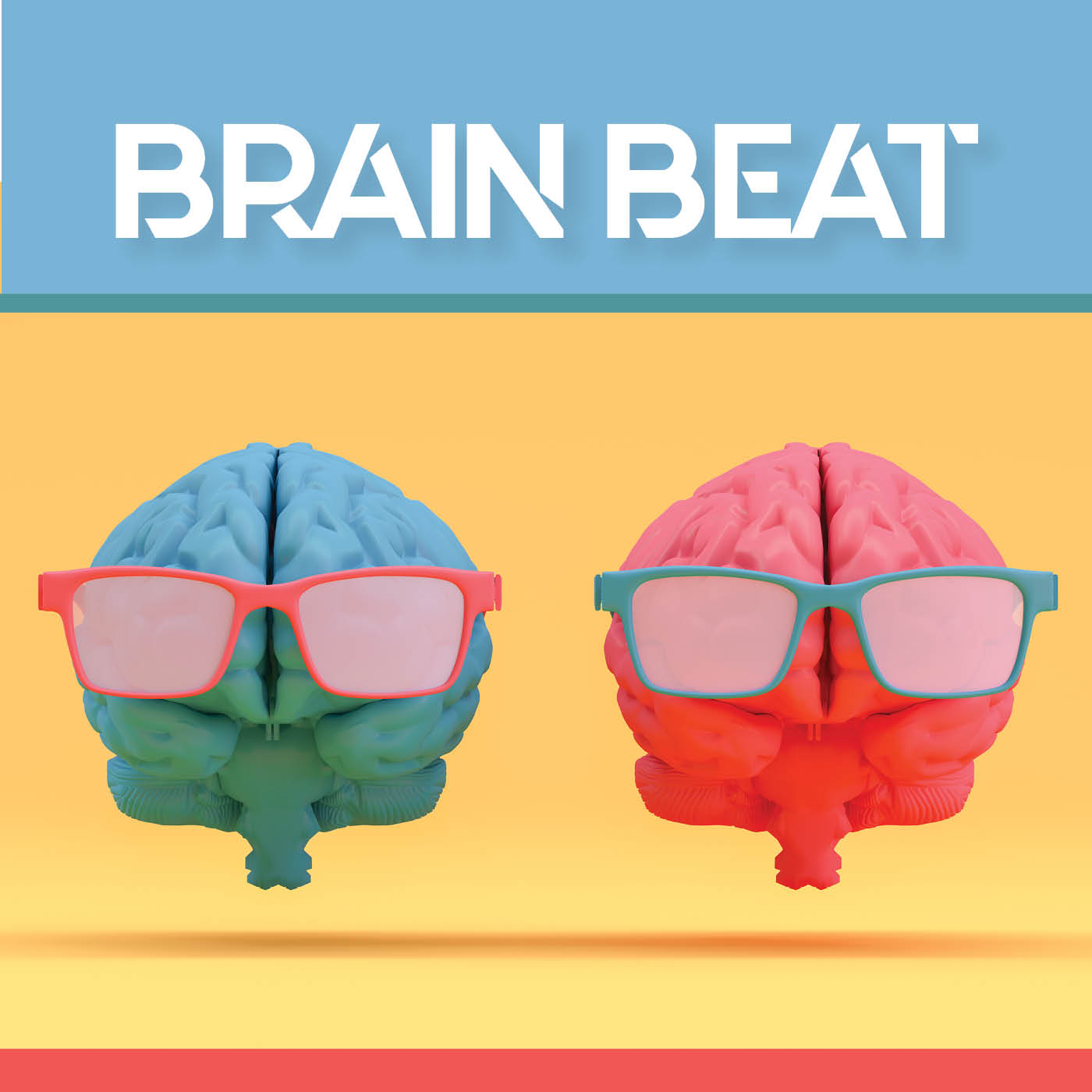We can't find the internet
Attempting to reconnect
Something went wrong!
Attempting to reconnect

Access AI content by logging in
Helen Bundy Medsger, LBD Peer Mentor, Support Group Facilitator and Support Services Volunteer, Lewy Body Dementia Association, is Heidi’s very special guest on today’s episode. For over 30 years, Helen has been the primary caregiver and health care advocate for two generations of her family who have suffered from Parkinson’s Disease with Lewy Body Dementia, and three members of her family have succumbed to the disease: her father, sister and youngest brother. In addition to being an advisor to Lewy Body Ireland, she is the facilitator of the North Bay Lewy Body Dementia Support Group, is a support services volunteer for the Lewy Body Dementia Association, a trained LBD caregiver peer mentor, and a member of the University of California – San Francisco (UCSF) Memory & Aging Center’s Family Advisory Council. Helen is also a member of the Dementia Community Research Advisory Panel at the Global Brain Health Institute, a former LBD consultant to the Care Ecosystem Study at UCSF’s Memory & Aging Center, and a speaker for various organizations on the topic of caregiving LBD. Most recently, she was federally appointed one of two caregiver representatives to the Advisory Council on Alzheimer’s Research, Care, and Services under the U.S. Dept. of Health and Human Services making recommendations to the HHS Secretary and Congress.
Heidi and Helen open the episode by discussing the traumatic experience of trying to treat and care for a family member with Lewy Body Dementia, especially when there was a lack of research and a high misdiagnosis rate. Helen details the symptoms and behavioral changes her father underwent, and notes that no medications slow or stop the progression of LBD. To those with family members suffering from LBD, Helen emphasizes how important it is to allow the patient to express their desires early in the disease process when they’re still capable of doing so, and highly recommends that social and physical engagement is absolutely paramount for LBD patients. Helen adds that, in addition to the patients themselves, the family and loved ones also deserve and need help during this emotionally draining time, and understands that while therapeutic support groups might not be for everyone, some form of therapy can do so much for those dealing with the brunt of caregiving duties. She delves into her sister’s experience getting involved in LBD research and how beneficial that experience was, and addresses the healthcare system and why it’s not conducive for those with LBD. Helen draws the conversation to a close by directing the audience to the LBD Association website for additional resources.
Episode Highlights:
- Helen on losing family members to LBD
- LBD as the most expensive form of dementia
- Young onset isn’t all that rare for LBD patients
- The effectiveness of PET scans (specifically DaTscan), cardiac MIBG, sleep studies, and biomarker testing currently in development
- Patient sensitivity to medications; no medications slow or stop the progression of LBD
- The importance of the patient expressing desires early in the disease process
- The importance of social and physical engagement
- Therapy options for family members and loved ones
- LBD as a systemic disease
- Why getting involved in research can be a good thing
- Why doctors need to be patient with those with LBD
Quotes:
“It wasn't until 1996 that he passed away–that the first diagnostic criteria for LBD was published. And to be honest, I really thought his diagnosis was a one-off, just a random occurrence in the family.”
“I've heard it time and time again referred to LBD as the most common dementia you've never heard of.”
“So, the one qualifying statement I want to make in all of this, and that's something I'd like to direct to the physicians: just...